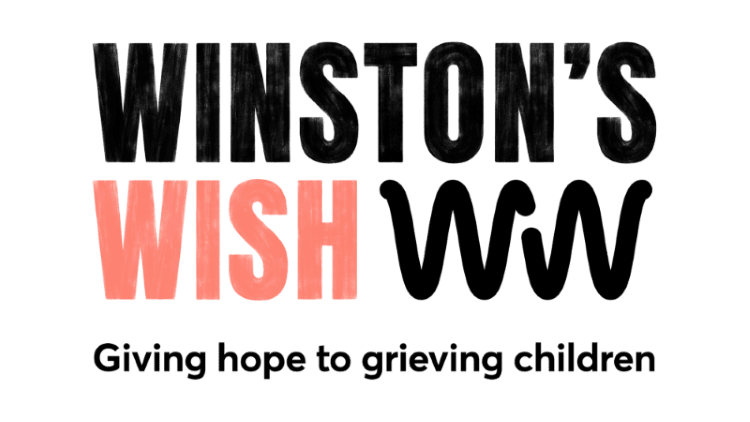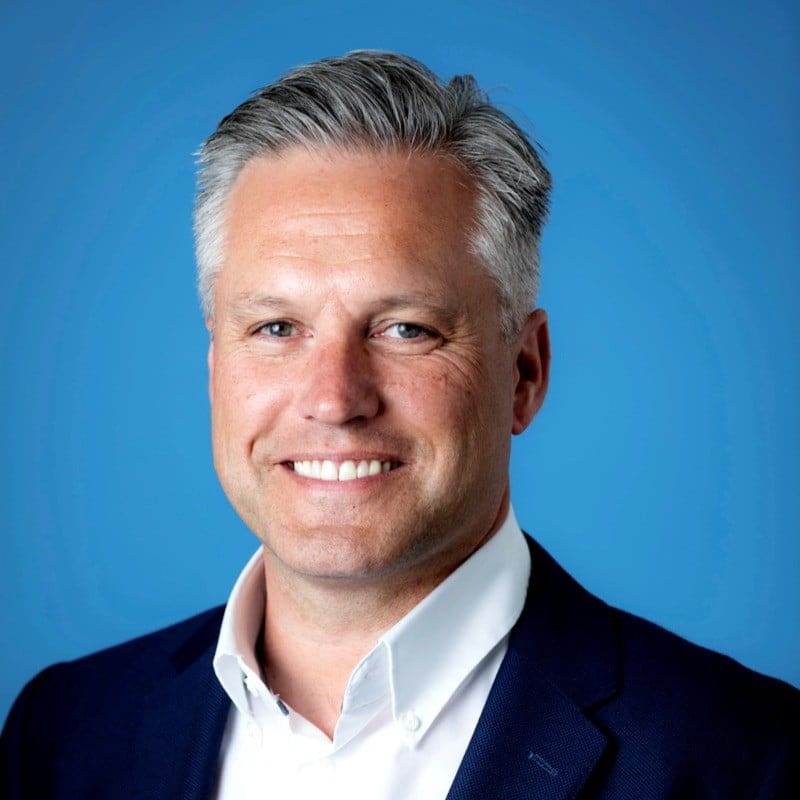Author: Rob Harper, Senior Director, Enterprise Sales at PayPal UK
It’s never easy to open up and talk about tragedies we have faced—but I’ve learnt since, that it’s okay to be honest; it’s okay to talk about grief and trauma that we have faced.
1982. It’s the year my sister was murdered. I was just 14 years old. If I close my eyes, I can still remember tiny details of that time, the moment I found out, and the moment when I realised that life as I knew it, would never be the same.
In the eighties, there was very little in terms of support for grieving parents, let alone grieving children. Back then, you did not speak about it. You put a lid on it, put on a brave face, and went about life. The death of a sibling, even more so when you are young, and in such tragic circumstances, impacts your life in a big way. The trauma carries on for many years.
Life did not get better, it got worse. Four years later, I lost my mother. I was eighteen.
Quite often, the outlook for people who have suffered tragedies, especially teens, is not positive. Many drop out of school, succumb to medications, drugs or alcohol, in an attempt to escape or numb their pain. No doubt, I was hurting. Deeply hurting. But my way of dealing with my pain was to lock it away. For many years, I locked away my sister’s tragedy, and losing my mother. It was just too difficult and too painful to think about it.
After a bit of a wobble, nothing major, I picked myself up. I was determined not to fall into a spiral of despair. I focused on my education. Worked hard. Focused on my career. And focused on doing the right thing and being there for my loved ones. I was determined to build a life that would make my mother and sister proud.
On the fortieth anniversary of my sister’s tragic passing, I’ve been reflecting a lot on the lessons I learned.
Firstly, I learned to be vulnerable, to talk about my past, the trauma I faced. It’s okay to hurt but it’s good to talk about it. You have to be willing to talk about it, and to let others talk to you. It will get emotional but that’s okay. When people hear people relate personal stories of tragedy, they get emotional, they often apologise. There’s no need to say sorry or apologise for being emotional. Grief is something we all have to deal with at some point. Although we don’t like to think about it or talk about it, grief is something that is unavoidable. Opening up helps you, and it helps your loved ones be there for you. Sometimes the very act of talking can help you untangle your thoughts and find some peace.
Secondly, I learned to be strong. To be resilient. To be grateful for all my loved ones who are here with me. To be present and to be there for those who I cared for the most. I learned to infuse empathy into my everyday actions, whether in my role as a father, or to my family, friends, and coworkers. You never know someone’s backstory, so it’s always best to be kind and empathetic. When we lose loved ones, we have the power to dig deep, and an incredible capacity to bounce back. But that resilience needs to be guided by vision. Without vision people perish. I knew when I lost my sister and my mother, that I would not let my life go to waste. Sometimes when your grief grips you, it can debilitate you, and you fall into a life of despair, and you land up doing things that you know the ones you lost would not be proud of. I was determined not to let that happen. I had a vision to do well, to surround myself with positive people
and experiences, and to give 100% to whatever I took on. It’s easy to harbour bitterness, to let feelings of ‘why did it happen to me’ take over but that won’t take you very far. A vision will.
Finally, my biggest take-away from life is that regardless of what we go through, we all have a duty to help and support the communities we live and work in. When I dealt with my grief, I started to look beyond myself and search for ways in which I could serve my community.
In my quest to help others in my situation, I searched online and chanced upon Winston’s Wish. I was immediately inspired by their mission to support grieving children and young people. It struck a personal chord. Winston’s Wish provides emotional and practical bereavement support to children, young people and those who care for them. The death of a parent or sibling is one of the most traumatic situations for a child. Winston’s Wish provides a listening ear, advice and resources to help children and young ones so that they can face the future with hope. Last year, they supported over 23,000 children and young people after the death of someone important.
But Winston’s Wish wasn’t very well known. I wanted to help promote them as there is a need for their service. I wanted to help in a sustainable way, and I knew I could best help through some of the programmes we have here at PayPal. Here are some ways in which we’ve tried to champion their cause:
- At PayPal, we hosted a pro-bono workshop to share how Winston’s Wish could improve their technology, raise funds online, and run marketing campaigns that help them reach and engage their target audience.
- They were a featured charity on PayPal’s Give at Checkout, a feature that allows customers to give micro-donations of just £1 when they check out with PayPal.
- They were awarded a $20,000 grant as part of PayPal’s Community Impact Program. Each year, PayPal employees nominate local charities to receive grants.
- A recent charity golf event gave them exposure on how they could partner with brands and companies to raise further awareness of their cause and mission.
The last two years have been tough for most people around the world. We just went through a pandemic, the worst in terms of lives lost in the last two years that has left many children without parents. A study in The Lancet (1) shows that the number of children globally affected by COVID-19-associated orphanhood and caregiver death is estimated to be a devastating 5.2 million as of October 2021. The researchers estimate that in England and Wales, 8,497 children have been made orphans during the pandemic, either as a direct result of COVID or because of “excess deaths”.
The on-going crisis in Ukraine, and in other regions that are suffering from conflict, leave an impact on children who are affected directly.
This is why more than ever, services provided by Winston’s Wish are much needed as these children need all the support and hope they can get for a better tomorrow.
Whilst I once had a vision for success, I now have a vision to make a difference.
(Sources: 1. The Lancet – Global, regional, and national minimum estimates of children affected by COVID-19-associated orphanhood and caregiver death, by age and family circumstance up to Oct 31, 2021: an updated modelling study)


